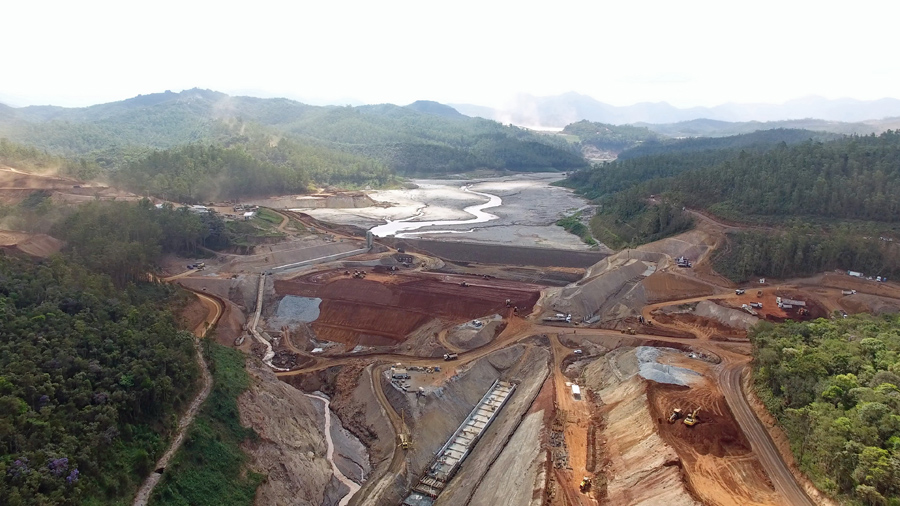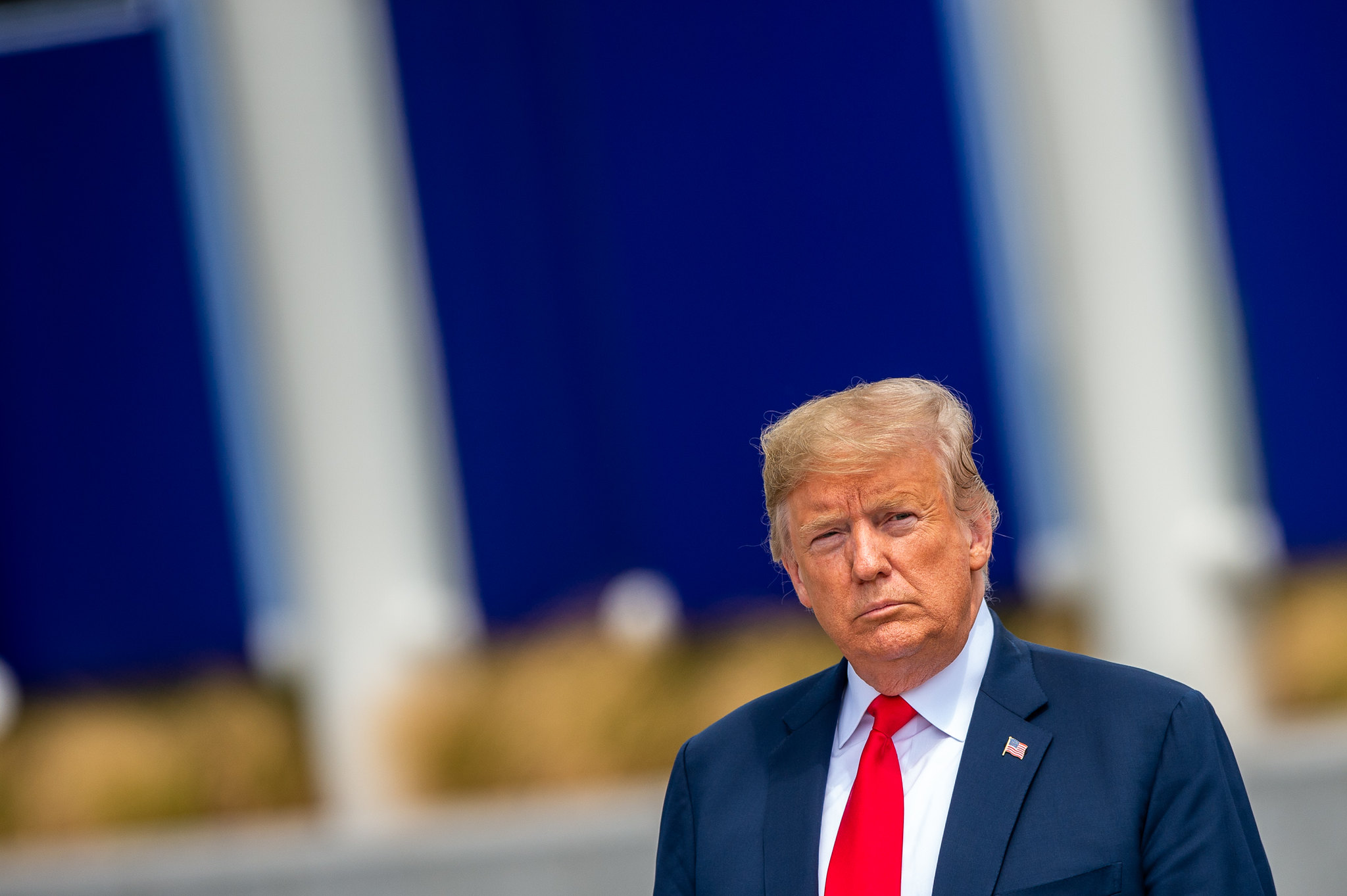One of the options could see Vale acquire Melbourne-based BHP’s half-share in what was once the world’s second-largest iron-ore pellet operation, the two people said, requesting anonymity because the talks are private. Brazil’s Veja earlier reported the two owners are talking about a deal for the mine that’s been shuttered since a deadly 2015 dam spill.
Vale, the world’s biggest iron-ore exporter, declined to comment. BHP didn’t respond to requests for comment made by telephone and email.

Vale’s Chief Financial Officer Luciano Siani Pires said in an August interview that future options for Samarco may include one partner buying out the other’s stake, leasing out or selling the assets, or assigning one owner as a single operator. Samarco is the only iron-ore operation outside Australia held by BHP, the No. 3 exporter.
Samarco last month won a preliminary permit to begin work to prepare for an eventual restart. Further licenses needed to resume production could be granted as early as mid-year, according to regulators.
The operation is likely to resume production in the second half of 2018 at a reduced rate of about 20 million tons, competitor Ferrexpo Plc forecast in a September presentation. Demand for pellets is forecast to rise through at least 2021, Ferrexpo said.
While Vale and BHP both committed to financing reparations related to the 2015 tragedy, they refused to help Samarco service the billions of dollars in bank debt and bonds it holds. Creditors are hoping the mine can reopen and resume payments.

Vale becoming sole owner makes sense, according to Ian McCall, who manages $190 million of emerging-market assets including Samarco debt, at First Geneva Capital Partners. “Vale has naturally been leading the charge on remediation efforts and negotiations with the various Brazilian authorities to get Samarco back into operation.”
Samarco’s notes due 2022 were up 2.8 percent at 2:11 p.m. in New York, putting them above 70 cents for the first time since March.
Before its 2015 closure, Samarco generated about 2 billion reais ($680 million) in annual profit. While the venture is yet to secure all permits for restarting and has ongoing reparation and overdue-debt commitments, its value would be bolstered by rising Chinese demand for high-quality steelmaking ingredients amid efforts to contain smog.
Written by R.T. Watson and David Stringer.





Comments